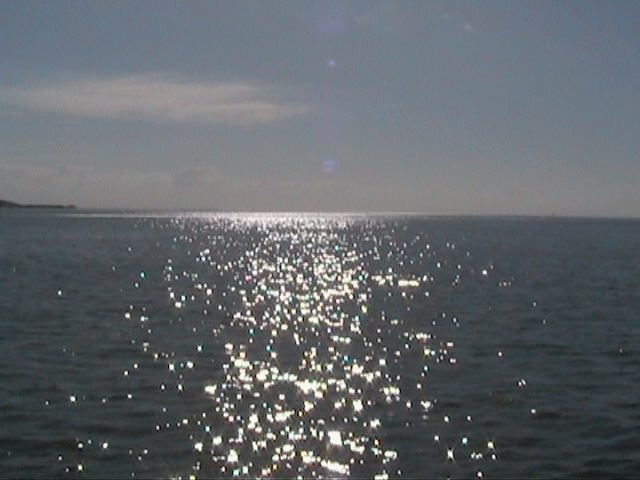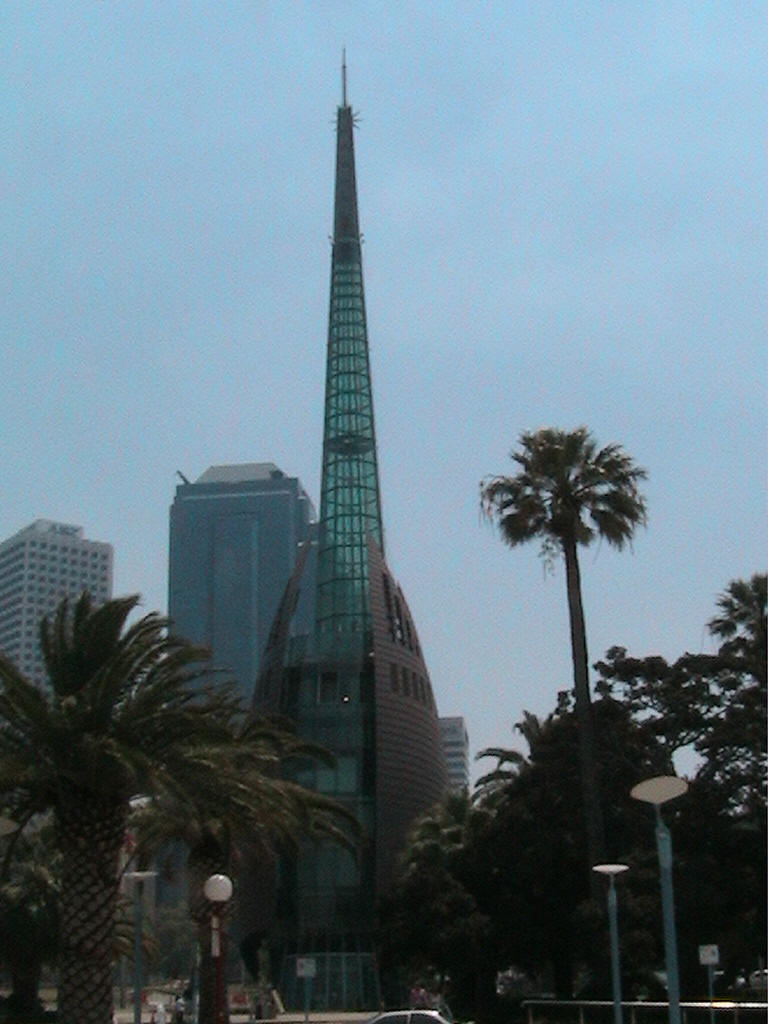A large, slowly drifting fireball was spotted streaking across the skies of southern Australia last Saturday evening, prompting discussions about the need for regulations on space debris. Eyewitnesses took to social media to share their sightings of what is thought to be space junk, with reports coming in from southern New South Wales, Victoria, South Australia, and Tasmania.




This incident highlights the increasing visibility of space debris and the concerns surrounding it. As more satellites and other objects are launched into orbit, the risk of space junk re-entering the Earth’s atmosphere becomes more pronounced. The fact that people across multiple states witnessed the slow-moving fireball underscores the urgency of addressing this issue.
Regulating space debris is essential to mitigate potential hazards to both property and human safety. Governments and space agencies must work together to establish comprehensive guidelines and policies for monitoring and managing space junk. Public awareness and involvement will also play a crucial role in pushing for the necessary changes. This event serves as a reminder that as we continue to explore space, we also need to take responsibility for the debris we leave behind.